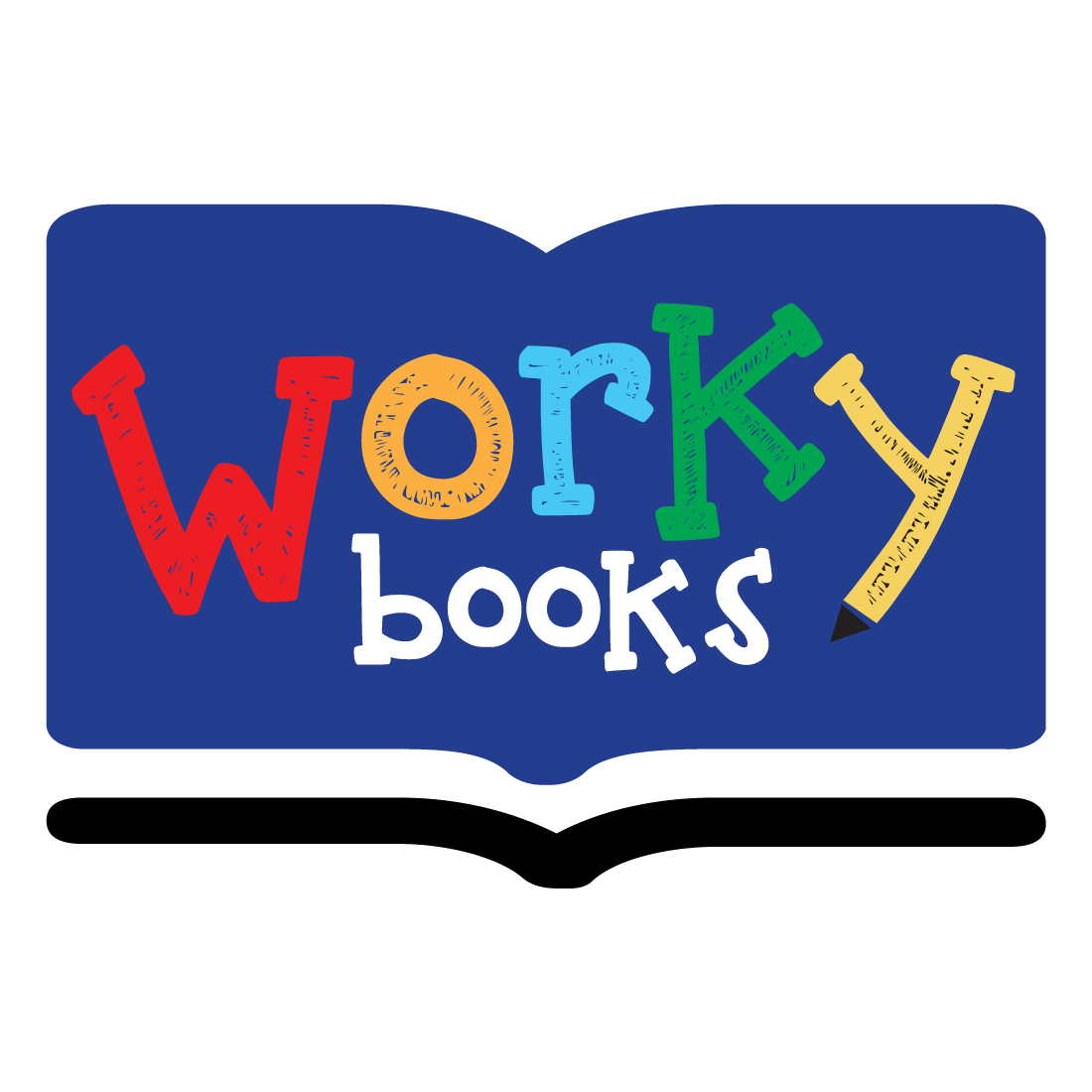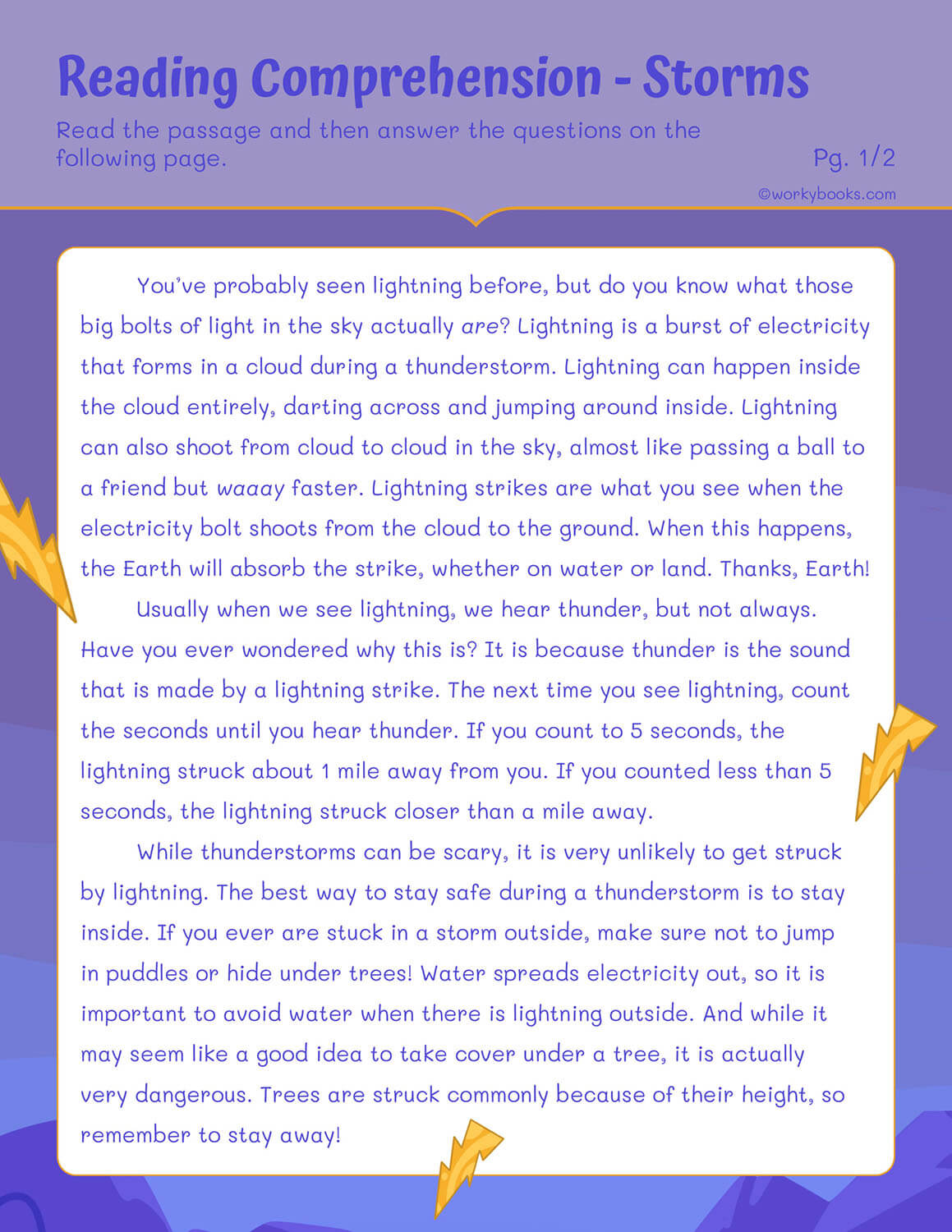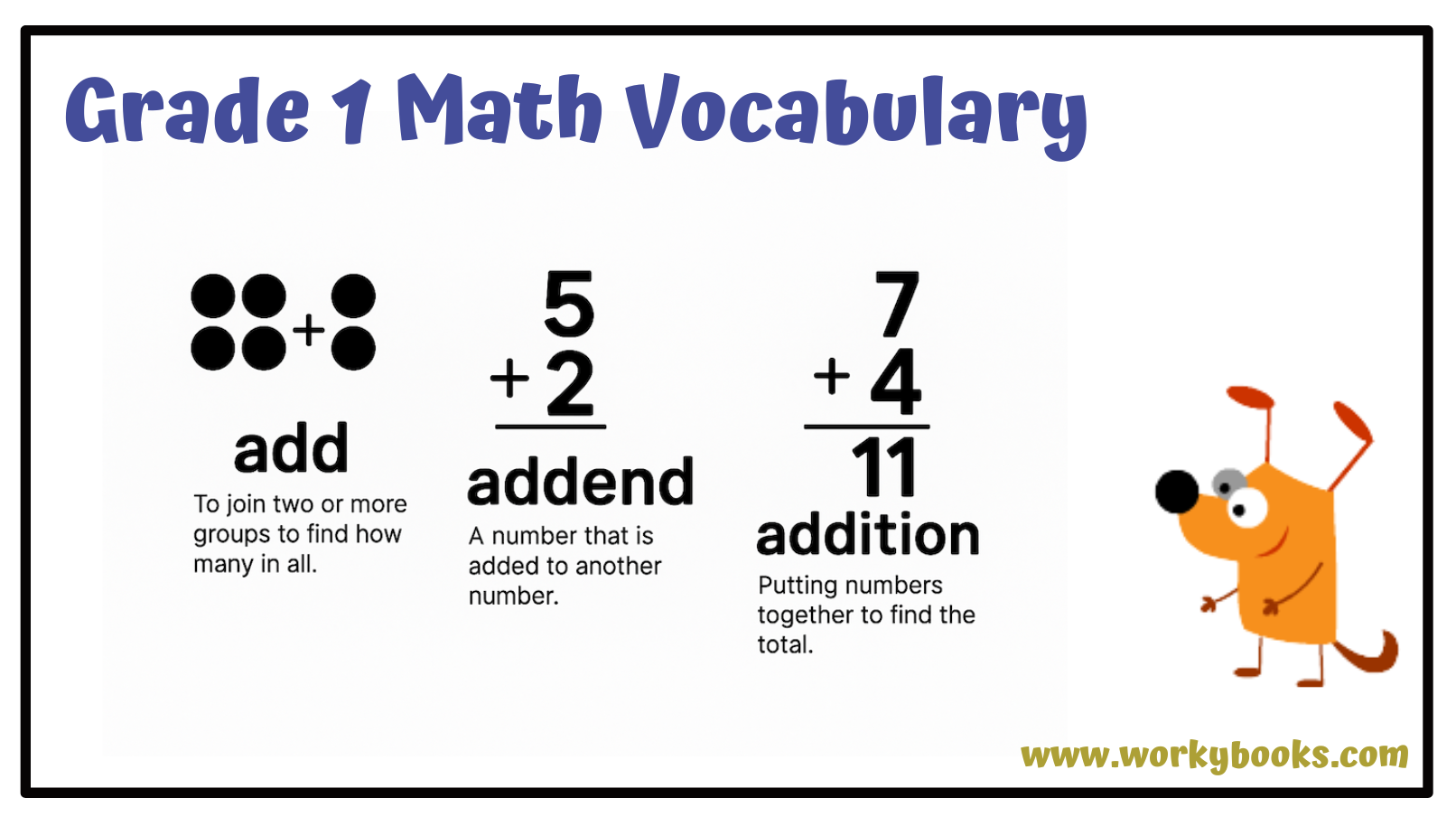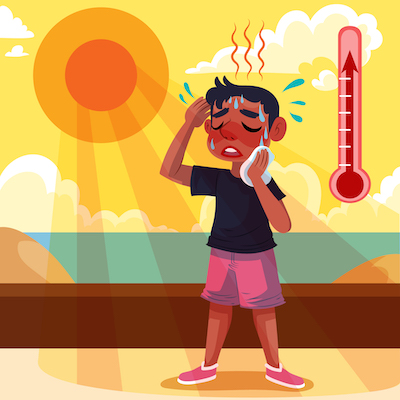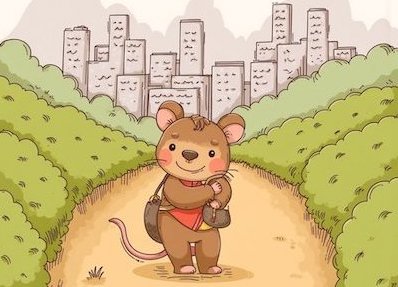2nd Grade Reading Strategies
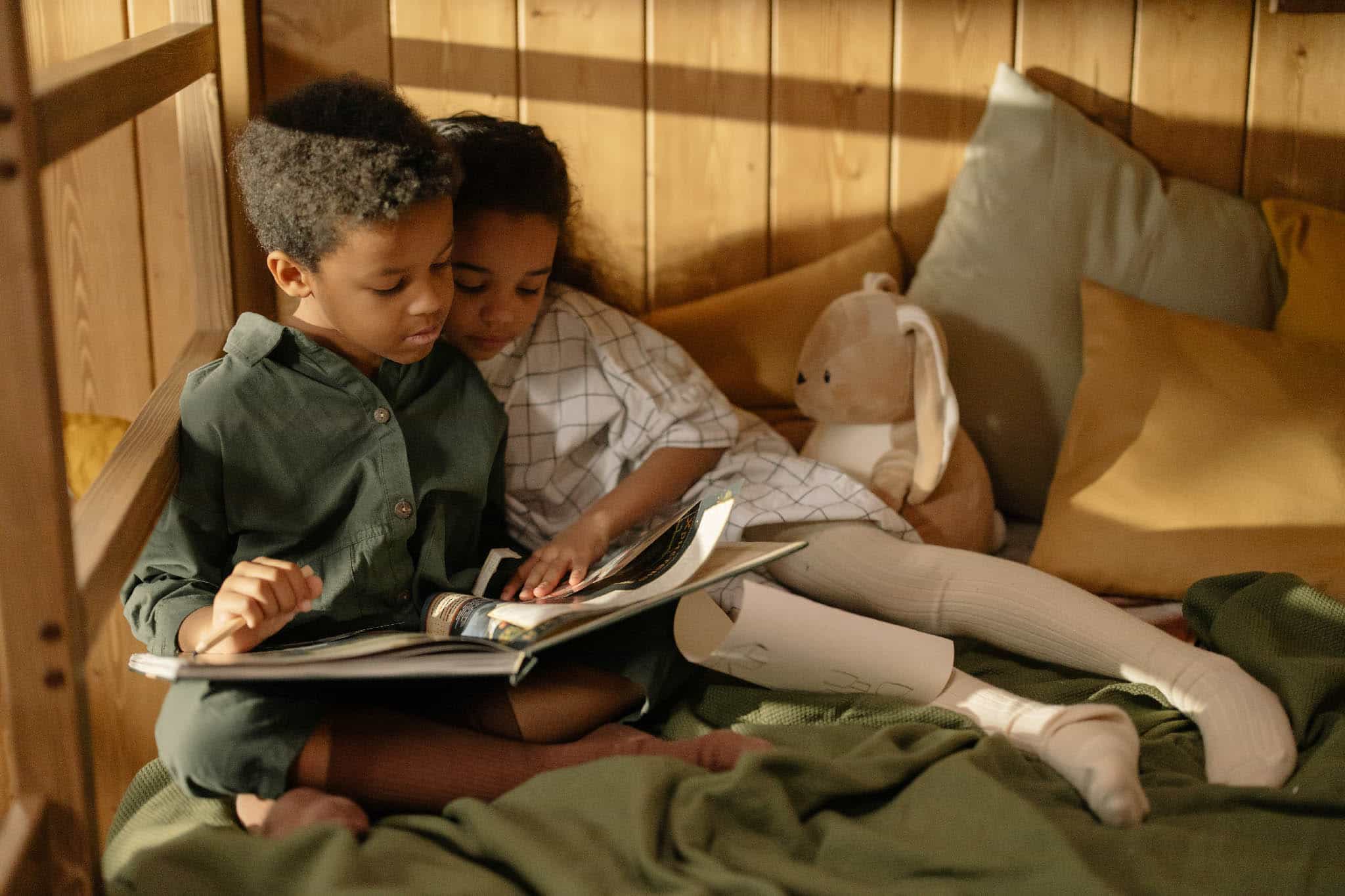
Basic 2nd Grade reading strategies are the foundation of all fluent readers.
For second graders these 3 strategies need to be mastered in order to grow as a reader:
- Reading Comprehension Strategies
- Reading Fluency Strategies
- Vocabulary
The backbone of reading lies in a child’s understanding of how we use language to communicate and most importantly in English, how spoken and written language differ. Letters represent sounds that makeup words. (It gets a little more complicated than first grade as there are many new spelling patterns kids learn that can make up the same sound.) Words make sentences and communicate ideas or persuade a reader.
Practice reading comprehension with our free reading worksheets!
Reading Comprehension Strategies
The main idea of teaching reading comprehension is helping kids independently make sense of what they are reading. This includes pausing to notice that something doesn’t sound right & needs fine-tuning.
Tell young readers to pretend they are making a movie in their head (about the most important ideas they are reading or story elements) as they read the story or passage aloud. This teaches kids to use multiple skills while they are reading. Making personal connections with the text is equally important because it helps kids process and retain what they are learning.
Reading Comprehension Skills:
Basic comprehension strategies rely on a child’s ability to decode and read sight words. If your 2nd grader is struggling in reading check their basic comprehension skills first. The best way to do this is to just sit and read with them informally. Notice if there are patterns in their reading that is hindering their comprehension. Eg: struggling readers may misread long vowels like cape or care and changes the meaning. So the problem may lie in their decoding skills and not necessarily in comprehension.
Intermediate Skills (Beginning – Midyear)
- Make Connections
- Sequencing (Beginning, Middle & End with accuracy)
- Summarize
- Determine the “Big Idea” or Lesson of the story/ Author’s Purpose
Advanced Skills (Midyear to End of Year)
- Monitor/ Clarify
- Inferring
- Evaluate
- Determine Importance
- Synthesizing
Reading Fluency
A fluent reader knows how to read accurately (at grade level) and with expression, most of the time. Fluent 2nd graders have mastered many reading skills and are able to multi-task. They can decode, read high frequency or memory words, homophones and homographs* and comprehend as they read.
*A homograph is a word that has the same spelling but either differ in meaning or are pronounced differently depending on context. For example, read/ read, wind/wind. Homophones sound the same but are spelled differently depending on meaning.
ex: ate, eight
to, two, too
by, bye, buy
Fluency Strategies
- Read aloud
- Word tracking
- Preview Vocabulary
- Memorize high-frequency words
- re-read favorites multiple times until they’ve mastered the text
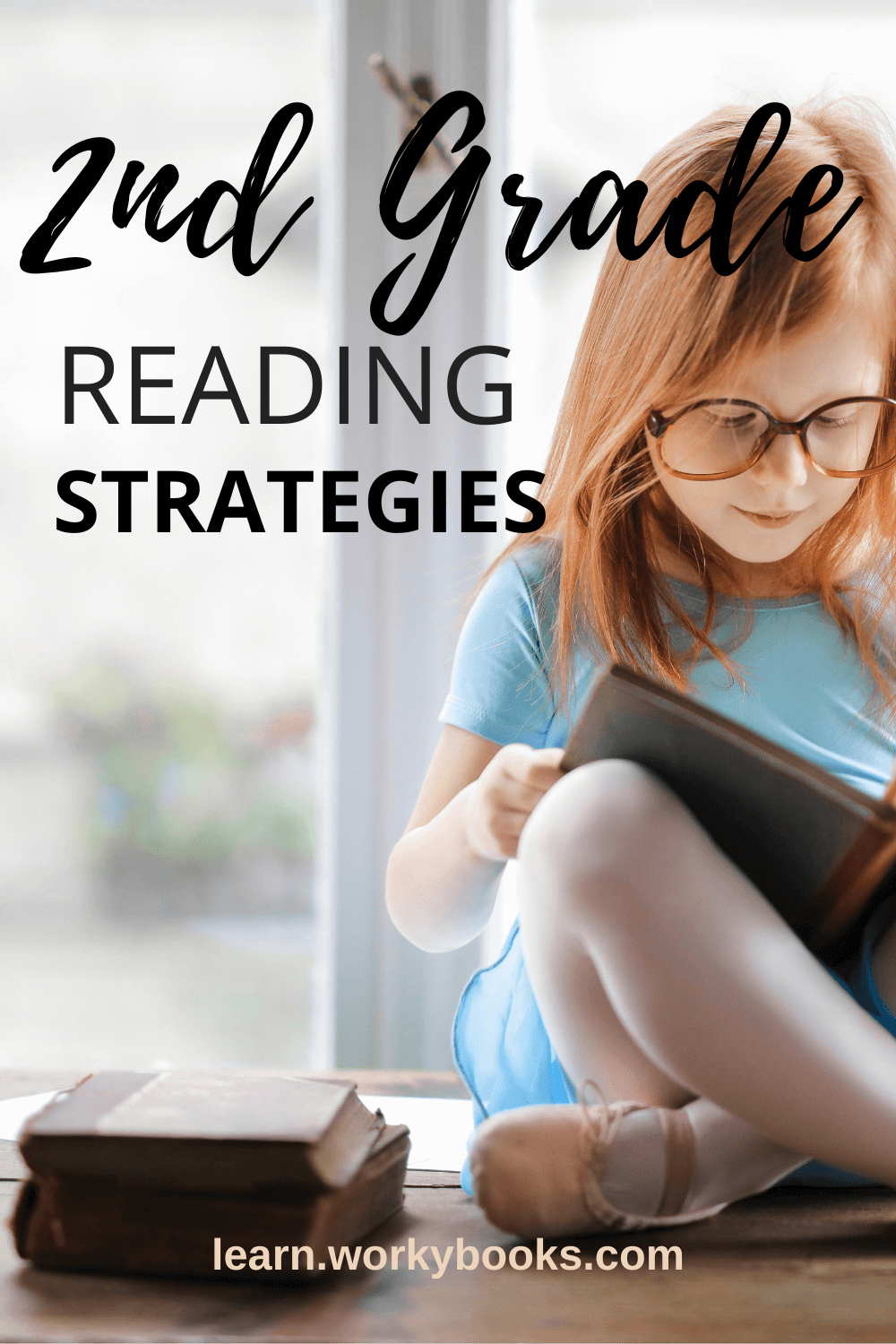
Read Aloud
When children read aloud and are read to it helps them understand the natural cadence of a fluent reader. If they aren’t yet fluent that is perfectly ok, fluency takes time to build (as in years) and they will naturally build fluency each time they practice. Be sure to include read alouds in your daily routine especially during those very fragile beginning reading years.
Word Tracking
Young readers can easily get disoriented as their reading levels begin to advance as more and more words appear on the page. A great way
to help kids keep track of their place when reading is to simply point with their finger or use a bookmark or ruler. The book mark should be simple (not distracting) or homemade. A small plain piece of construction paper is perfect and they can even customize it with their name or some stickers.
Preview Vocabulary
Knowing new or uncommon words can be done with activities prior to reading the text (using new words you think may stump the reader). Group words into patterns to help train kids to organize what they are learning for easier recall later. Try some of these activities to get kids familiar with tricky or unknown words.
Memorize High Frequency Words
High-frequency words are words that cannot be read phonetically. They need to be memorized. The more high frequency words a child knows the greater gains they make towards being a fluent reader.
Re-Read Favorites
Re-reading is an excellent way for kids to gain fluency. I say re-read favorites because good readers read books they like again and again. Re-reading helps them gain fluency and it especially helps if its a book you enjoy.
An excellent picture book series for fluency is Elephant and Piggy by Mo Willems. The text is very simple, the characters are hilarious and some of the books include onomatopoeia.
Tools for Successful Readers
The big idea about second grade reading instruction is that great readers are nurtured not born! Great readers understand that they do not yet know every word, work to decode unfamiliar words and read every day (or as consistently as possible).
- Science of Reading
- Graphic Organizers
- Anchor Charts
Graphic Organizers
One helpful tool for helping children to retain what they are learning is to use graphic organizers. This helps children organize information in a way that is easier to process when answering questions about the book or recall the information when comparing and contrasting to other texts.
Anchor Charts
Another helpful tool is using anchor charts. This can be used for learning about reading and or learning how to break down important literacy skills like story elements, character traits, story structure, or any of the specific skills used in mentor texts.
Rock Solid Fluency for 2nd Graders
The reading expectations at the end of the year for children in grade two shift from learning to read (focusing all energy on decoding, fluency and comprehension) to reading to learn (analysis and synthesizing texts and the ability to communicate what they are learning). Prior knowledge from 1st grade is very important as the gains they made in reading in earlier grades can support future reading if the foundation is strong enough.
I highly recommend you use a program or philosophies that are research based like the Science of Reading. This simplifies the process of decoding for ALL readers and helps them process, organize and store information they are learning about reading so that they can access grade level text.
